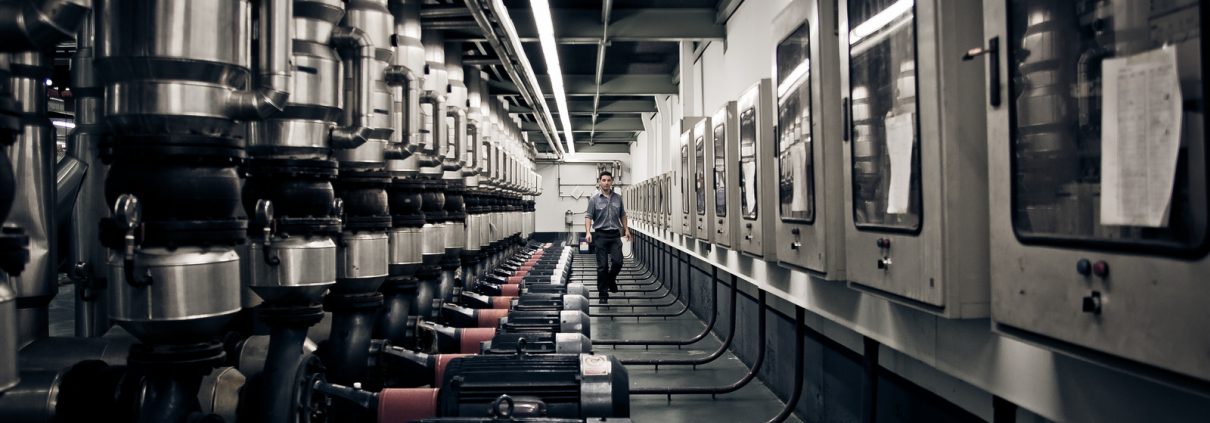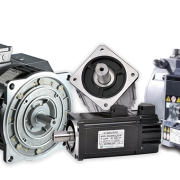Why do you need spare parts lined up for your machinery?
If you run any kind of factory or business where machinery is used as part of the working process, then having spare parts lined up is vital. Don’t make the mistake of waiting until you have a machine that breaks down before you think about this important subject. Having machinery down results in a real monetary cost to your business as your whole operation will either not run at all or at a reduced capacity.
The advantages of having spares lined up
To avoid this happening, it is wise to implement a spare part management system that ensures you always have replacement parts in for your machinery should it ever be needed. This will avoid the above scenario occurring and will mean that your business will not experience any downtime that could impact it negatively. The other added bonus of having spare parts lined up ready is that there will be no waiting around for them to be delivered. Although companies ship parts as soon as possible, there will naturally be a slight delay in receipt and fitting to the broken machine. If you have a stock of spare parts ready, then this lead-in time is eliminated and means you can get your faulty machine back in good working order fast.
A false economy
Some companies avoid implementing a robust spare part policy procedure, feeling that they are saving money by not having spare parts lying on the shelf and unused. This is actually a false economy as the cost of machinery being down to a business is far greater and you only end up having to get the spare parts delivered anyway. By planning ahead, you are actually saving your business money in the long run.
At Pro Servo we stock spare parts for all the major manufacturers as well as offering repair services. This gives us a real insight into how important this area is for businesses and why it is so key to address. Don’t be caught out the next time your main machine goes down – get the vital spare parts you will need before then and make sure your operation keeps on working.







